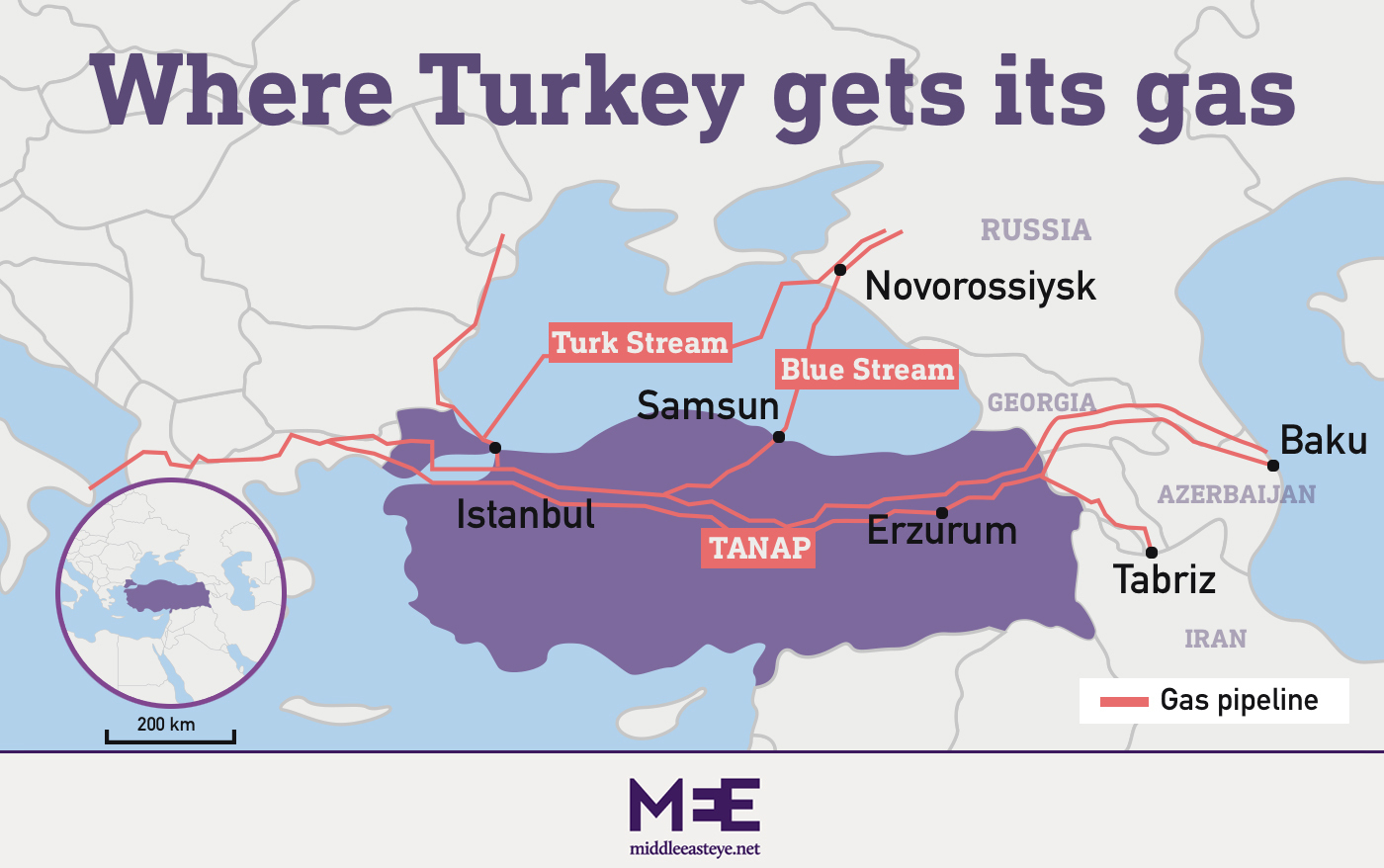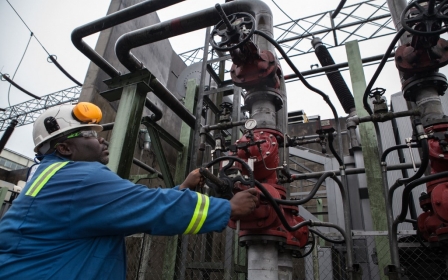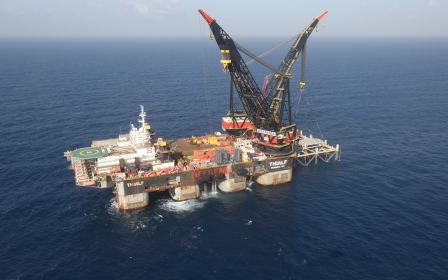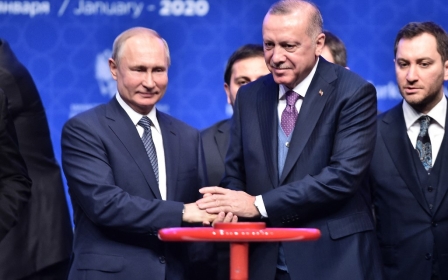Turkey may build gas pipeline from Turkmenistan and Azerbaijan to Europe
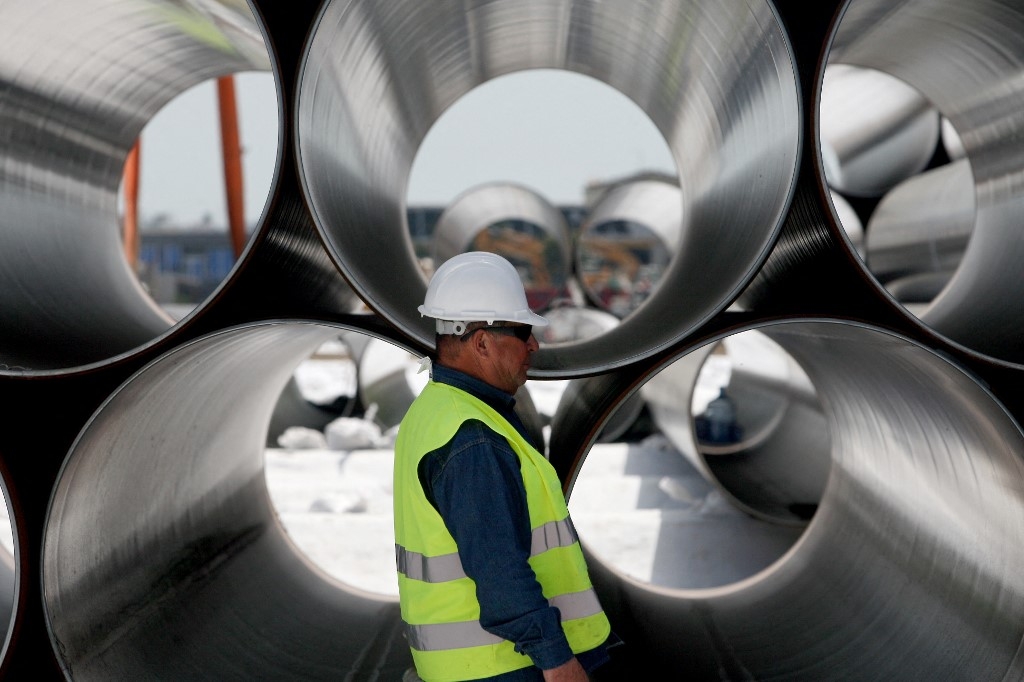
Turkey may build a new pipeline to transport gas from Turkmenistan and Azerbaijan to Europe, Turkish President Recep Tayyip Erdogan said on Thursday during an interview given to local press accompanying him on a visit to Turkemanbashi city.
Erdogan noted that the Trans-Anatolian Gas Pipeline (TANAP) that carries the Azerbaijani gas from the Shah Deniz field to Turkey has already reached its capacity of 32 billion cubic metres.
He added that the Trans Adriatic Pipeline (TAP) that transports gas from Turkey to Europe through Greece is also at its limit of six billion cubic metres.
“Therefore, now our colleagues will work on whether to establish a new pipeline or not so that steps can be taken accordingly,” he said.
“Of course, we discussed this among ourselves with the Azerbaijan and Turkmenistan presidents. But now we will have taken the step towards the future by discussing the technical infrastructure, cost dimensions, and all of them.”
New MEE newsletter: Jerusalem Dispatch
Sign up to get the latest insights and analysis on Israel-Palestine, alongside Turkey Unpacked and other MEE newsletters
Erdogan said he is planning a summit for the three countries to discuss the pipeline issue.
There is an energy shortage in Europe following the European Union's decision to cut Russian gas imports by two-thirds following the invasion of Ukraine and unexplained explosions on the Nord Stream pipelines, which effectively cut Russia's exports to the continent.
Turkey perceives the situation as an opportunity to become a gas trade hub that could set a benchmark and supply the region using a blend of gas coming from Russia, Azerbaijan, Iran, and even LNG shipments.
However, building a pipeline to Turkey through the Caspian Sea is a task that would be marred with technical difficulties, according to a leading energy expert based in Turkey, Ali Arif Akturk.
He says the deal signed in 2018 to resolve the Caspian delimitation issues explicitly refers to environmental regulations and past international agreements as binding, effectively making Russia the final arbiter.
“There are even Caspian agreements signed 150 years ago between the USSR and Iran. (There were five agreements between the USSR and Iran in the past.) In short, it is very difficult to build a pipeline without the consent of Russia and Iran,” he tweeted.
Russian President Vladamir Putin has been looking for new ways to supply Moscow's neighbours to the west with gas.
In October he proposed establishing a natural gas distribution centre in Thrace saying that Turkey was the best route for redirecting Russian gas supplies to the European Union.
Middle East Eye delivers independent and unrivalled coverage and analysis of the Middle East, North Africa and beyond. To learn more about republishing this content and the associated fees, please fill out this form. More about MEE can be found here.


